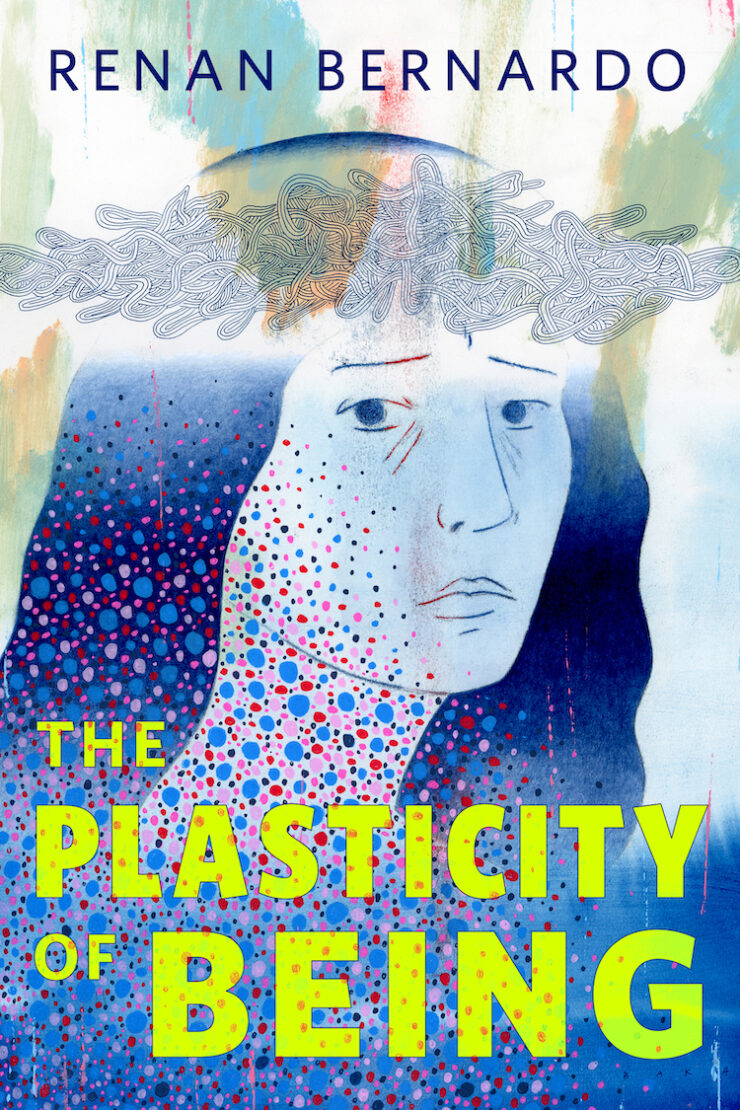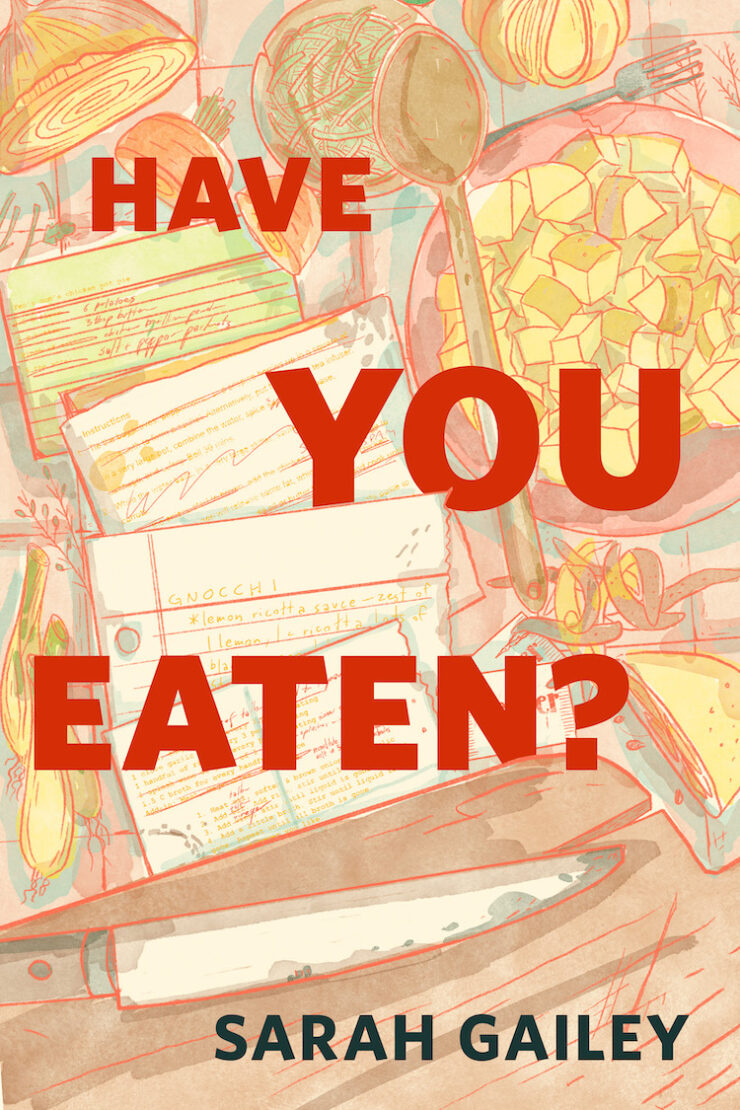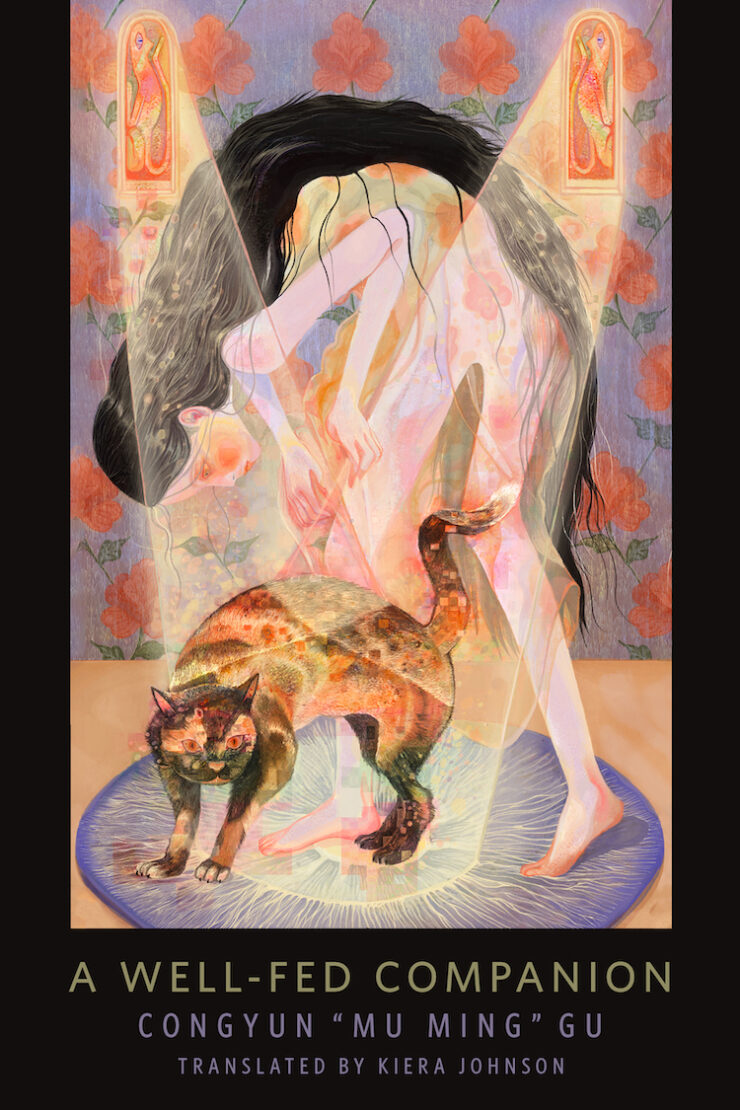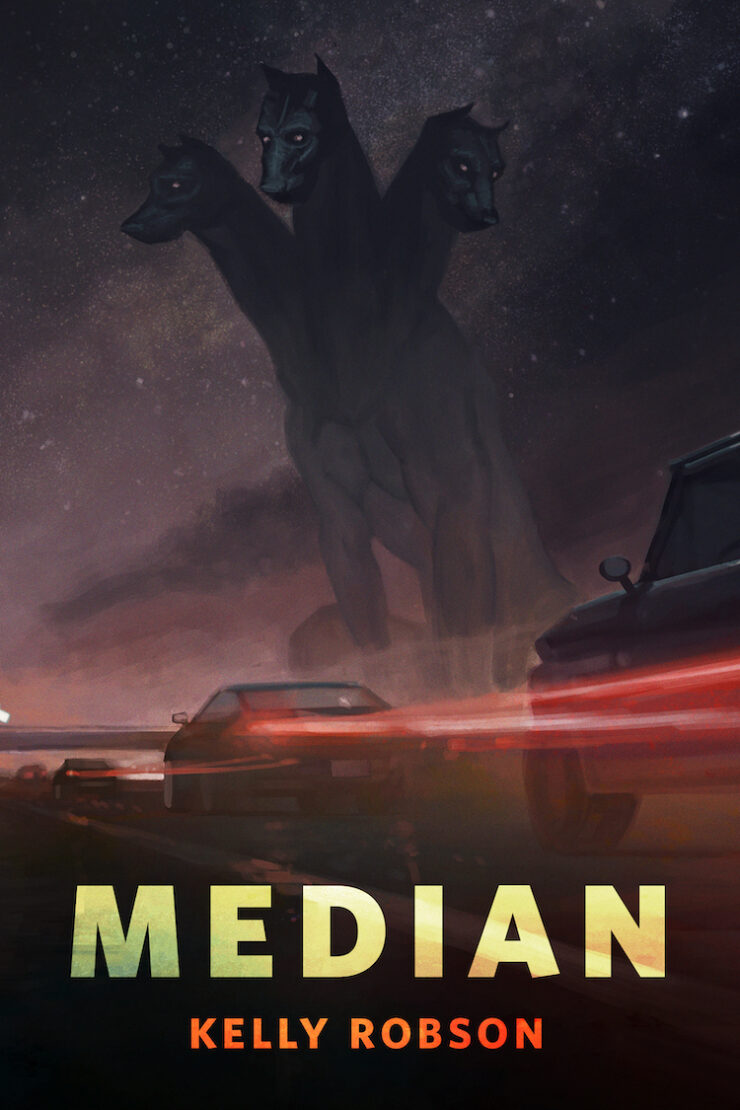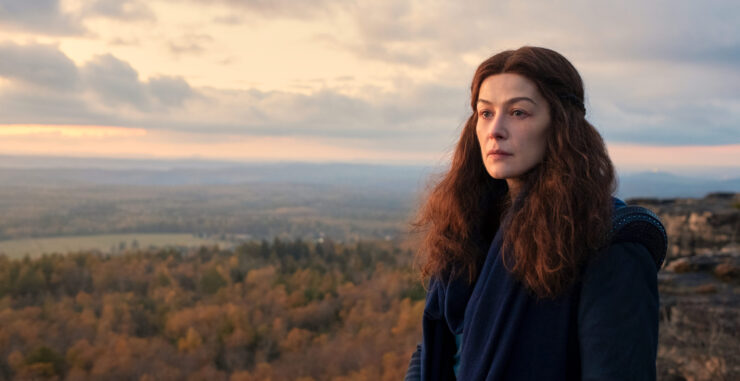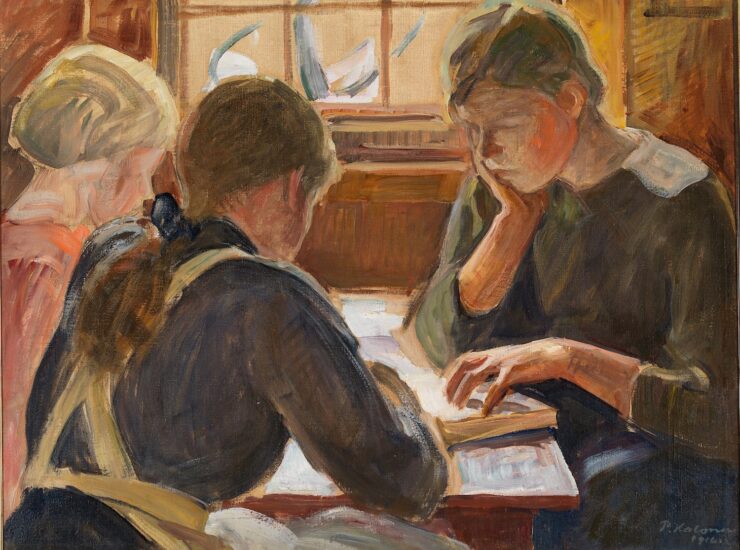What do you remember from Willow? When I rewatched that movie last year, I hadn’t seen it since the ’80s. I remembered Willow himself, obviously; I remembered something about wee little troublemakers, and how strong Sorsha seemed to child-me. I remembered Elora Danan and her round little cheeks, and Val Kilmer as Madmartigan.
I did not remember that the powerful character who leads our heroes to the final showdown—who saves the day in so many ways; who forcefully battles the wicked queen—is Raziel, an old woman who spends half the movie in disguise as various animals. How could I have forgotten that? How could I have forgotten that Willow is the one movie from my childhood in which an older woman plays a role like that one? Guide, mentor, powerful magic-wielder: Why are these characters, sans white beard, so hard to find?
In short: Where are my lady Gandalfs?
I want to be clear: “Lady Gandalf” is a fairly reductive shorthand that I’m using because it inexplicably delights me, and because Gandalf was such a pivotal figure in my childhood. I identified with hobbits (Pippin, I’m a Pippin to the core), wanted to be Aragorn or Legolas, and wanted a Gandalf in my life. Flawed, yes, but powerful, wise, able to overcome his own mistakes, understanding when he couldn’t do everything on his own.
What I didn’t realize, for years, was how it feels like it’s always a Gandalf. Or a Merlin, or a Dumbledore, or for that matter a Tony Stark or a Giles. There’s Chade, in Robin Hobb’s Farseer trilogy; there’s old Ben Kenobi and Yoda; there’s Charles Xavier and Picard. Star Trek also has Janeway, Georgiou, and Seven of Nine, who do create a little bit of balance in space. But they are all somewhat younger, and none of them are allowed to go gray.
In fairy tales, adult women are often to be feared: Vain sorceresses, wicked stepmothers, greedy witches craving children (to eat or to keep in a tower). There are exceptions; in “The Snow Queen,” Gerda encounters several women, and when I read it now, I always imagine that at least some of them are in their 70s. Disney will most certainly teach you to keep away from grown women, let alone old ones. Where are the wise crones? The leaders, the resources, the elders, the mentors? Why do these characters still seem so hard to find?
Older, or at least grown-up, women are finding their place as characters, as protagonists, as vital parts of stories on SFF page and screen, and I am grateful for that. I’m grateful for Chrisjen Avasarala and the way the whole crew of the Rocinante, in the later Expanse books, grow into a specific kind of role (the aging leaders who have really, truly seen it all). Olenna Tyrell is no loving mentor, but I love her conniving ways all the same. The women of S.L. Huang’s Burning Roses will stay with me a long time. And I need to read a Granny Weatherwax novel, clearly.
I can find characters. But I want to find mentors. I’m sure they’re out there (and I certainly hope you’ll tell me where to look), but the fact remains that they’re not known in the same way the men are. I can think only of one who’s growing in visibility: If I keep watching The Wheel of Time, it will be for Moiraine, who does lead her gaggle of younger charges on a quest; it will also be for Siuan Sanche and Liandrin (though even in the first season one can tell she’s a bit, uh, morally dubious). Can the added visibility of a television series raise Moiraine to the level of the famous male magic-wielders and elders of pop culture?
Still, Moiraine is played by a woman in her 40s, which is not old. The same goes for Ahsoka Tano, who has a delightful Gandalf moment in the first season of Ahsoka—falling into the depths, having a mysterious experience, and rising once more, having traded her gray robes for white. We’ve watched her grow over the years; she was once a perky teen and now she’s an experienced adult who struggles with being a mentor (which is understandable, given what happened to her own). Ahsoka has set up both its title character and Hera Syndulla to play mentoring roles to a new generation, and I love that about it. But will they be allowed to age?
Obviously, this isn’t just about women. This question can and should be asked in so many terms: Can we get more queer Gandalfs? Trans Gandalfs? Black Gandalfs? Who lives through whatever came before? Who accumulates knowledge and experience and lives to share it? Whose wisdom matters? Aging mentor roles are about who survives. Who gets to live long enough to share their experience with the next generation—and who is heard when they do?
It’s also about how we view aging in a broader sense: Who stays central, whose contributions are still valued, and who is expected to vanish into the shadows, unseen and unheard. Who automatically gets respect and who is told, narratively and culturally, to sit down, to go home, to stay quiet. Or who is simply never seen in the first place.
Molly Templeton lives and writes in Oregon, and spends as much time as possible in the woods. Sometimes she talks about books on Twitter.


